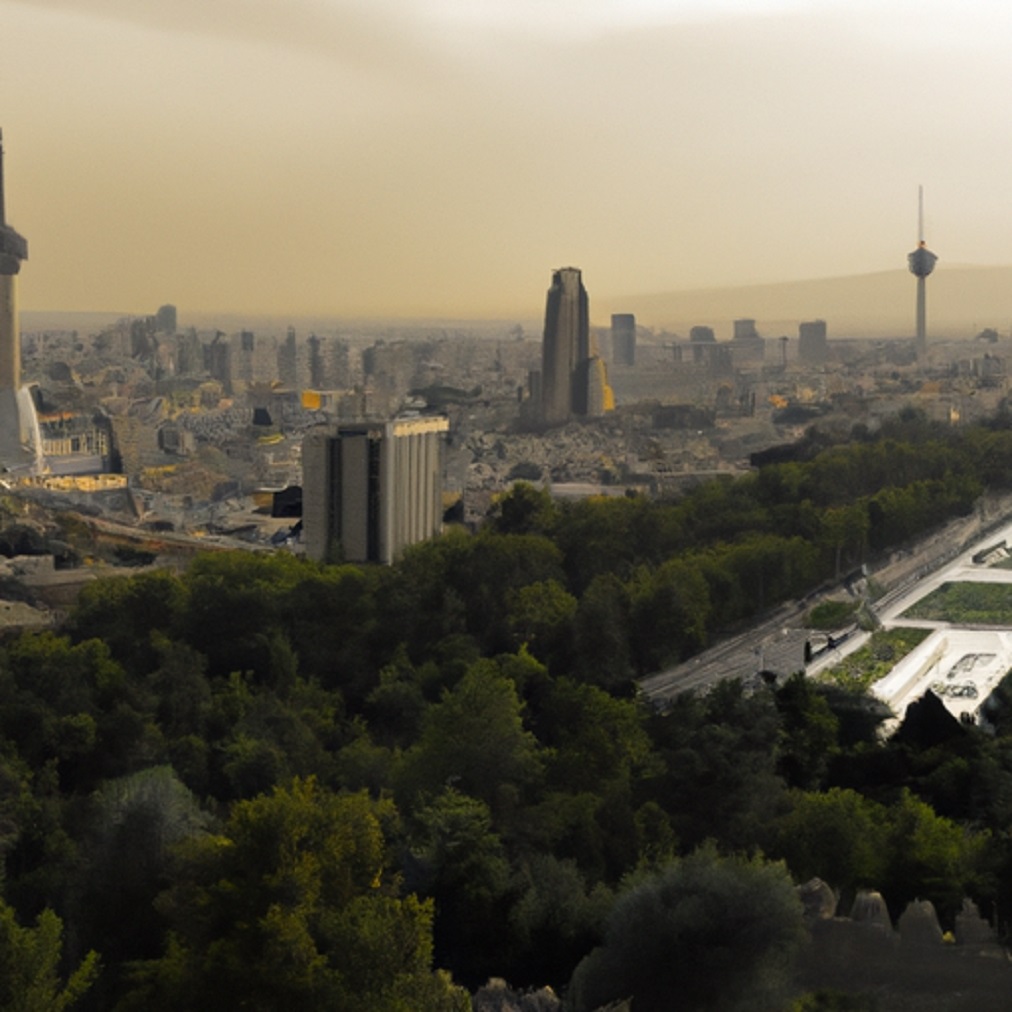Iran, also known as Persia, has a rich history and culture that dates back to the ancient times. The country is located in the Middle East and borders Afghanistan, Iraq, Turkey, Azerbaijan, Turkmenistan, and Pakistan. With a population of over 82 million people, Iran is the second-largest country in the Middle East after Saudi Arabia.
History
Iran has a long and complex history that can be traced back to the Achaemenid Empire founded by Cyrus the Great in 550 BCE. The empire was one of the most powerful in the world at the time, spanning from Egypt to India. The famous Persian king, Darius I, built the ancient city of Persepolis, which was destroyed by Alexander the Great in 330 BCE.
In the centuries that followed, Iran was ruled by various dynasties, including the Parthians, Sassanids, and Safavids. With the rise of Islam in the 7th century, Iran became an Islamic state and experienced significant cultural and economic growth during the Islamic Golden Age.
In the modern era, Iran was declared a constitutional monarchy in 1906 and saw rapid modernization under Reza Shah Pahlavi. However, his rule was plagued by authoritarianism and corruption, leading to the Iranian Revolution in 1979, which established an Islamic Republic led by Ayatollah Khomeini.
Culture
Iranian culture is a fusion of ancient traditions and Islamic customs. The country is known for its rich literary and artistic heritage, including poetry, calligraphy, music, and architecture. Persian rugs are also famous around the world for their intricate designs and high-quality craftsmanship.
Iranian cuisine is also renowned for its diverse flavors and ingredients. Popular dishes include kabab, rice pilaf, and various types of stews and soups. Tea is a staple beverage in Iranian culture, often served with sweets and dried fruits.
People
Iran is a diverse country with a population that includes Persians, Azerbaijanis, Kurds, Lurs, and Balochs, among other ethnic groups. The majority of Iranians practice Shia Islam, while a minority follow Sunni Islam, Christianity, Judaism, and Zoroastrianism.
Despite being a predominantly Muslim country, Iran has a relatively young and educated population with a strong interest in Western culture and fashion. However, the government tightly controls freedom of expression and limits access to the internet and social media.
Facts
– Iran is home to some of the world’s oldest civilizations, including Elam, Susa, and the Persian Empire.
– The city of Tehran, Iran’s capital, is the country’s largest city with a population of over 8 million people.
– Iran has one of the world’s largest natural gas reserves and is OPEC’s second-largest oil producer.
– In 2015, Iran signed a nuclear deal with seven countries (the United States, China, Russia, France, Germany, the United Kingdom, and the European Union) to limit its nuclear program in exchange for sanctions relief.
– Iranian New Year, called Nowruz, is celebrated on the Spring Equinox and is a major holiday in Iran and other countries influenced by Persian culture.
Map
Iran is located in Southwest Asia and covers an area of 1,648,195 square kilometers. It has a diverse landscape that includes mountains, deserts, and coastal plains. Iran is divided into 31 provinces, each with its own governor and administrative system.
Nuclear Deal
The 2015 nuclear deal, officially known as the Joint Comprehensive Plan of Action (JCPOA), aimed to restrict Iran’s nuclear program in exchange for lifting economic sanctions. Under the agreement, Iran agreed to limit its uranium enrichment activities and allow increased international monitoring of its nuclear facilities.
However, in May 2018, the United States withdrew from the JCPOA and reimposed economic sanctions on Iran, citing concerns over Iran’s nuclear capabilities and support for terrorism. Since then, tensions between Iran and the United States have escalated, with both sides engaging in military actions and threats.
In conclusion, Iran’s history, culture, people, and geography make it a fascinating and complex country. While it has faced numerous challenges, including economic sanctions and political unrest, Iran remains a proud and resilient nation with a rich cultural heritage.













































